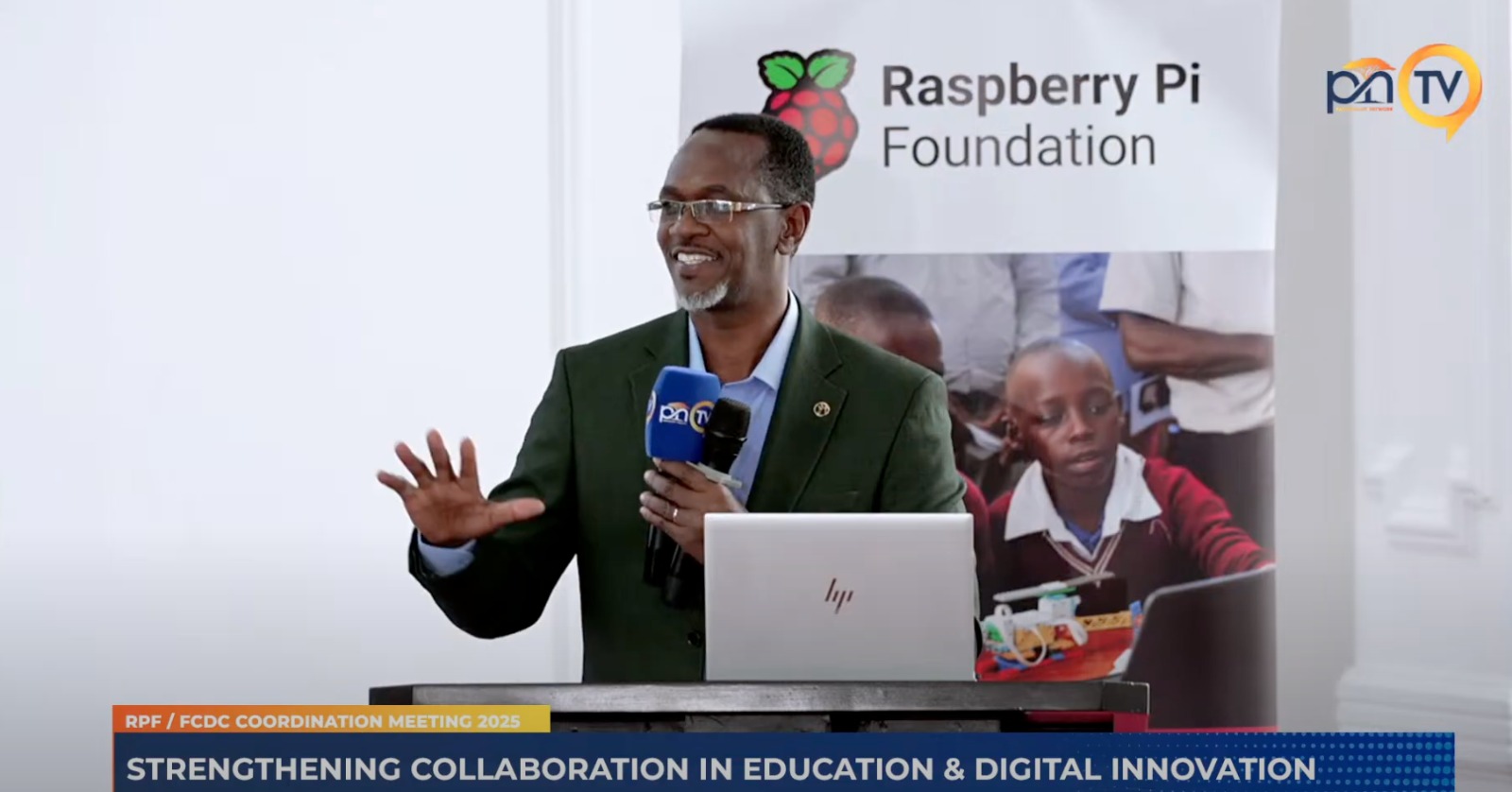The Raspberry Pi Foundation (RPF) and the Frontier Counties Development Council (FCDC) have achieved a significant milestone in their collaborative mission to advance digital literacy in Kenya, reaching 71,000 students across 10 counties in 2025.
This achievement, highlighted during the RPF/FCDC Coordination Meeting held on August 26 at the Weston Hotel in Nairobi, underscores the transformative impact of their partnership in equipping students and teachers with critical digital skills in some of Kenya’s most underserved regions.
The initiative, which began with a modest pilot reaching just 55 students across 150 schools in its first year, has scaled dramatically.
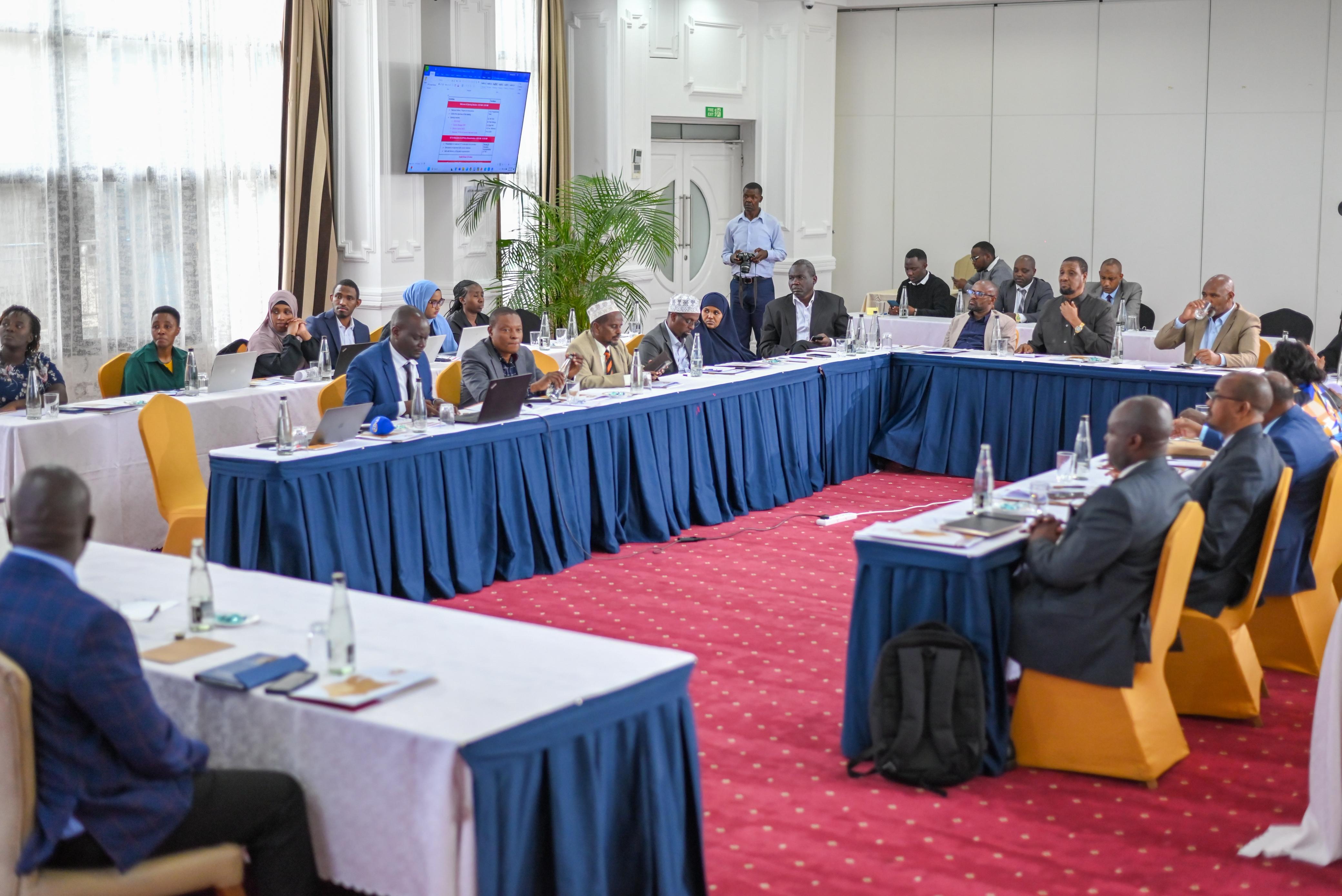
“In the first year of working with FCDC, we were able to reach 55 students across 150 schools, and this year we have talked about 71,000 students that we are currently reaching across these regions,” said Peter Wairagu, Country Manager for the Raspberry Pi Foundation.
Wairagu further emphasized the broader vision, noting, “In Kenya, we have been able to reach over 250,000 students across 3,000 schools. When I sit with the team from Kenya and the Ministry of Education, we are telling them that we would like to reach every school in the country.”
The program spans 10 counties, Turkana, Samburu, West Pokot, Isiolo, Garissa, Marsabit, Wajir, Mandera, Lamu, and Tana River, with a focus on advancing digital literacy through a tailored computing curriculum.
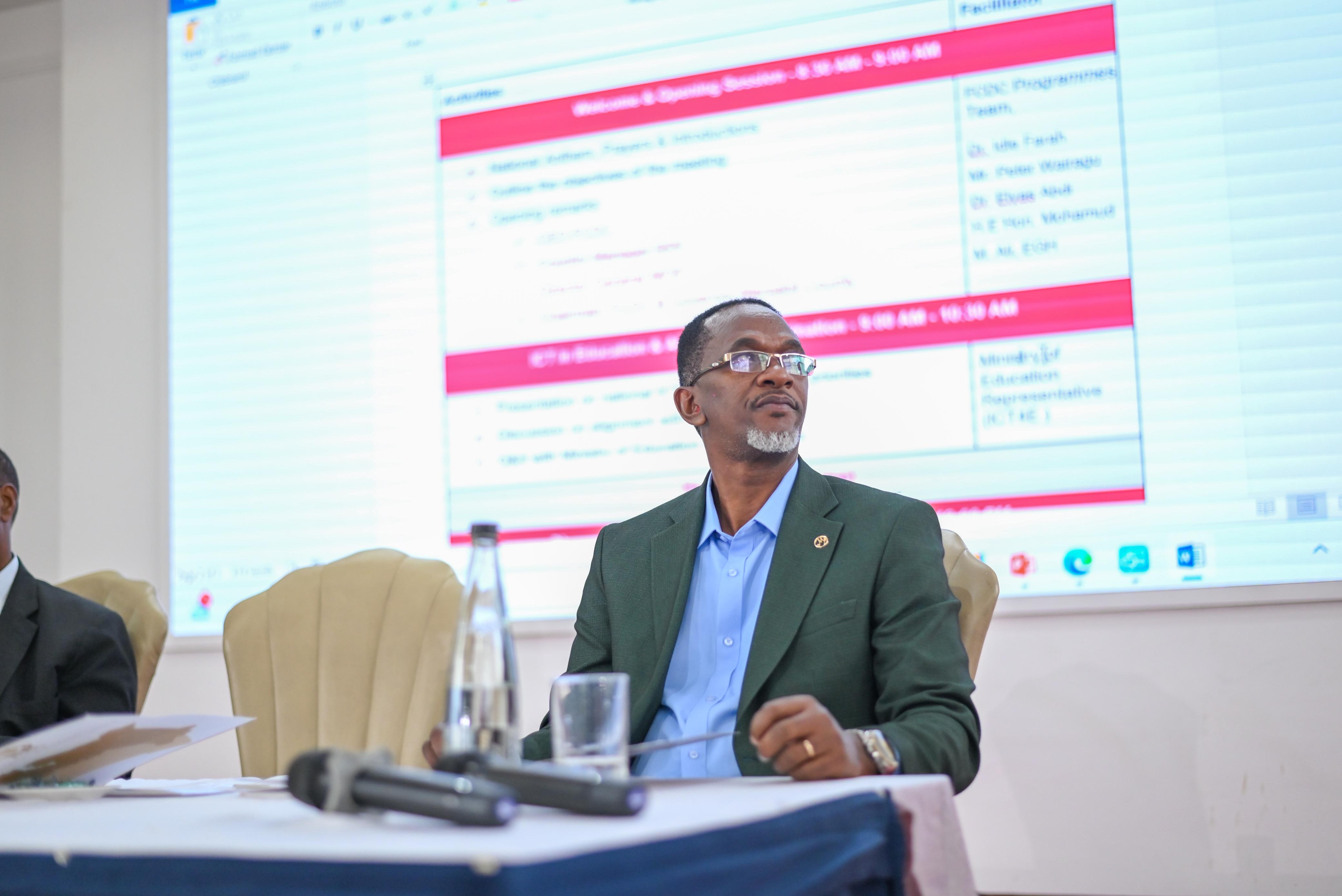
Bonaya Gufu, Monitoring and Evaluation Specialist at FCDC, highlighted the expansion, stating, “The intervention covers 10 counties of FCDC; the pilot phase only covered 8 out of 10 counties of FCDC, but this year, we onboarded West Pokot and Samburu counties.”
This expansion has brought 24 new schools into the program, with a total of 120 laptops distributed to 120 schools to enhance access to technology.
A cornerstone of the initiative is its teacher training and support system, designed to empower educators, even those without prior ICT experience.
“Every teacher is competent if they are able to teach using the technology that is available,” Wairagu explained.
“Even if not all teachers have prior training in ICT, we have come up with a very simplified curriculum that even a teacher who has no background in ICT can be able to start and teach comfortably.”
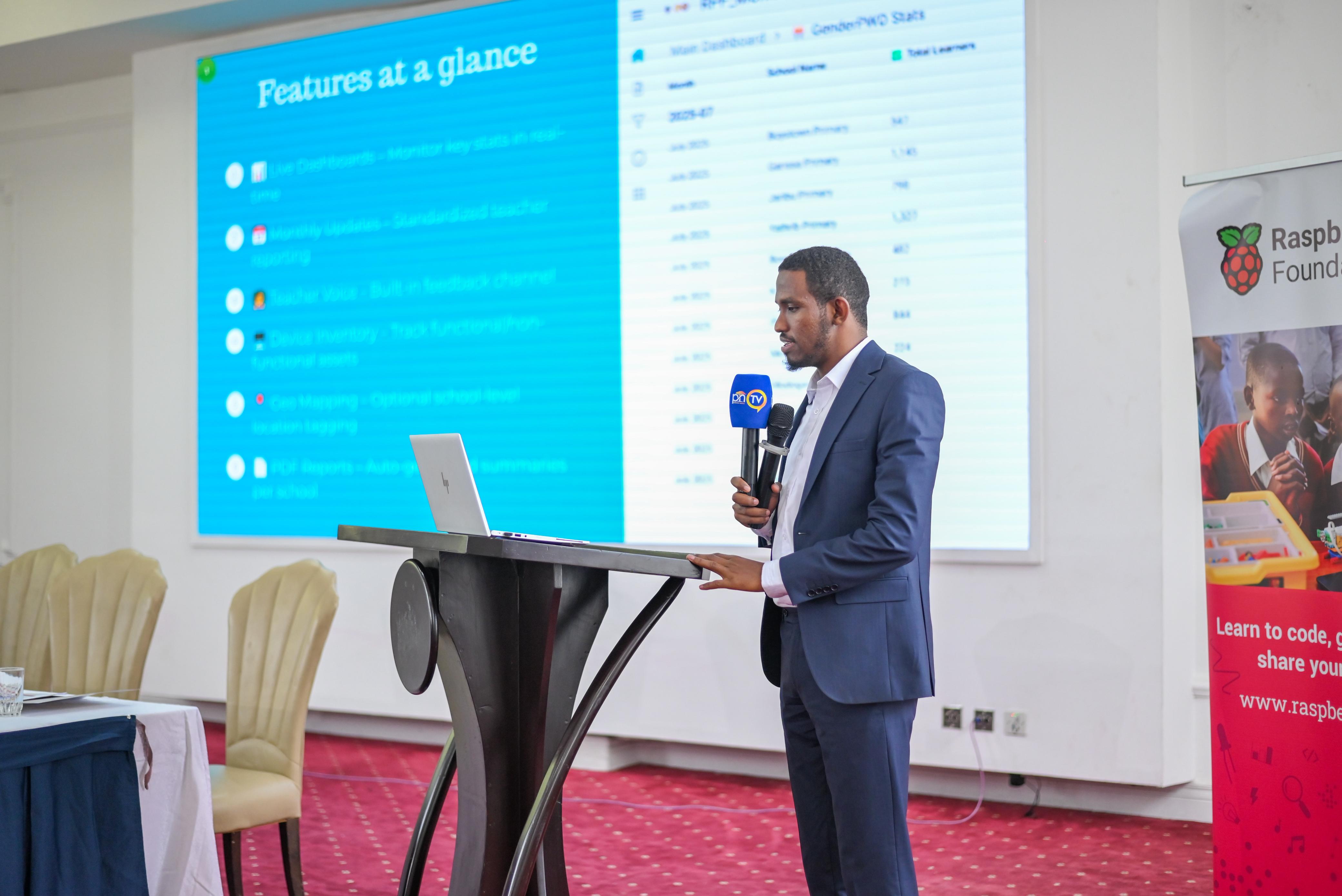
This approach has proven effective, with two rounds of ICT coordinator training and county-level cascade training reaching 154 teachers across the 10 counties.
Training sessions, held between May 2 and May 22, 2025, included key stakeholders such as County Education Commissioners, Ministry of Education representatives, and teachers from target schools, ensuring a collaborative approach to curriculum delivery.
The impact is particularly evident in counties like Lamu, where Mariam Abubakar Ahmed, an educator at Mahmoud Bin Fadhil Boys School and co-founder of a tech hub, has witnessed transformative change.
“The project has covered over 5,000 learners and 15 teachers operating in 12 schools,” she shared.
“We are using the advanced coding curriculum, and the key areas that we tackle include computing systems and networks, programming and algorithms, creating media, and data handling.”
Ahmed expressed gratitude for the initiative, stating, “I would like to express my sincere appreciation to RPF, FCDC, and the County Government of Lamu for implementing the Raspberry Pi Foundation’s computing curriculum in Lamu. This initiative has significantly enhanced my teaching practice, equipping me with practical digital skills and a more interactive approach to learning.”
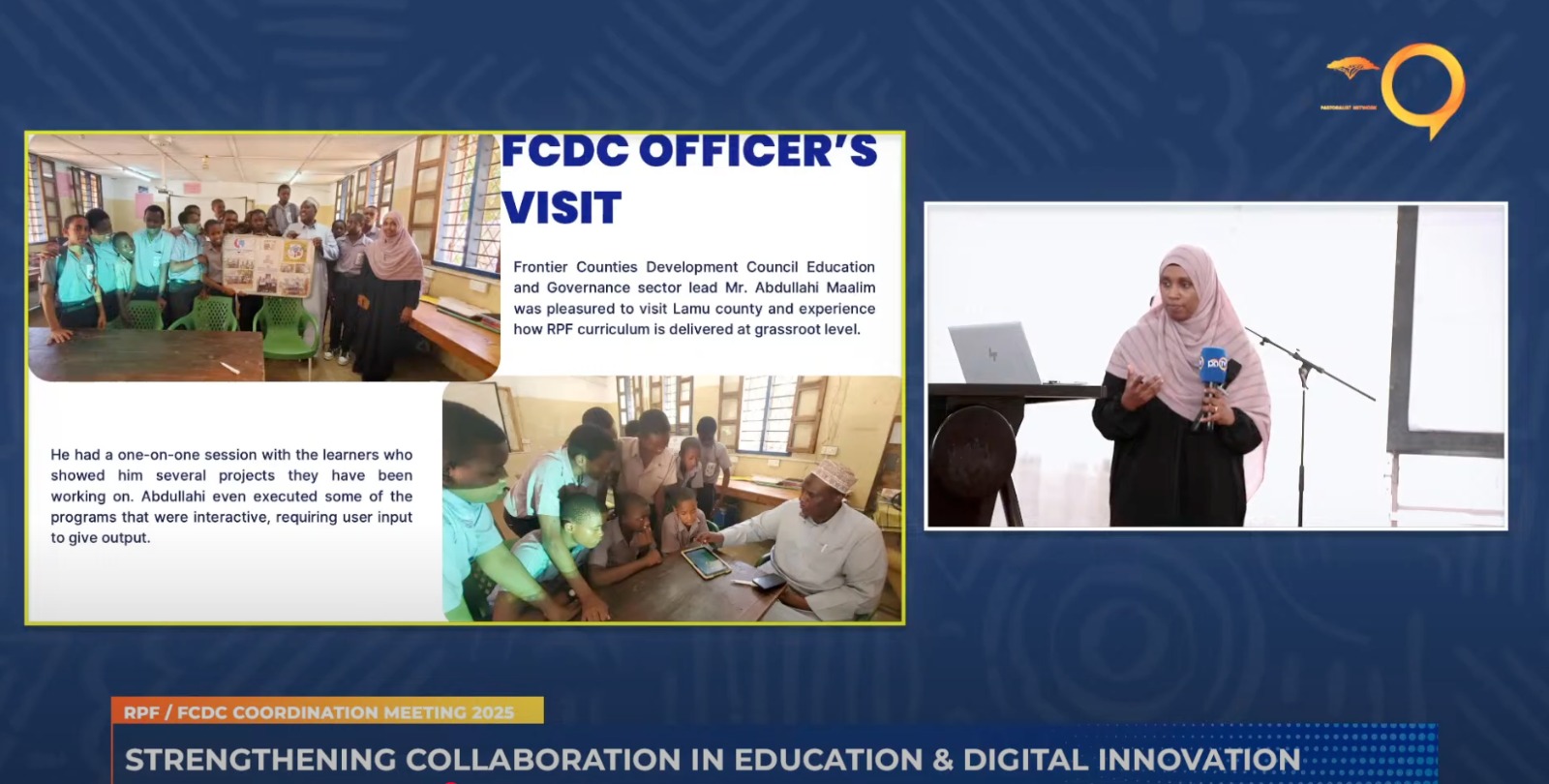
The program’s success is reflected in the enthusiasm of students, particularly in marginalized communities.
Schools like Mahmoud Bin Fadhil Girls and Mokowe Arid Zone in Lamu have reported high enrollment and participation, especially among girls and the Boni community.
In Marsabit, even Grade 3 learners at Hulahula School are engaging in ICT lessons, showcasing growing demand.
Across Garissa, schools like Jaribu have repaired 50 tablets and formed ICT clubs, fostering learner-led projects and peer learning.
“Students are now engaging with coding and digital projects with enthusiasm and confidence,” Ahmed noted.
“The curriculum has sparked creativity and opened new learning pathways, especially for those with limited prior exposure to technology.”
The initiative has also prioritized infrastructure expansion, distributing 80 laptops during the pilot phase and an additional 40 during the upscale, targeting 96 schools across the 10 counties.
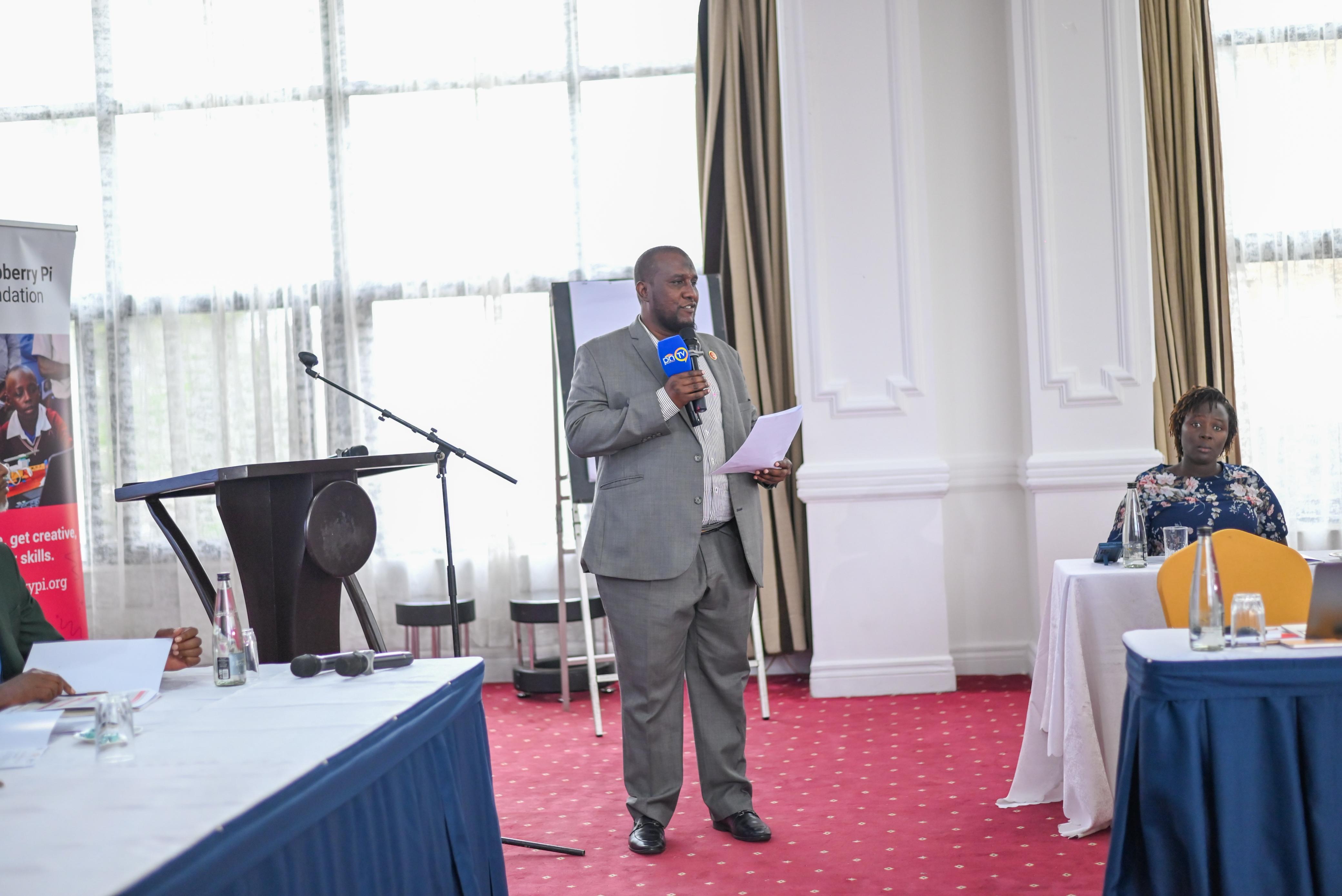
However, challenges remain, including device shortages, high learner-to-device ratios (sometimes 5-10 students per device), unreliable electricity, and limited technical support for maintenance.
Despite these hurdles, schools have shown resilience, with some, like Jaribu in Garissa, undertaking local device repairs and teachers organizing extra sessions to maximize access.
Abdullahi Maalim, FCDC’s Education and Governance Sector Lead, who visited Lamu to observe the curriculum’s grassroots implementation, praised the initiative’s impact. “Your commitment to education is making a lasting difference,” he said, echoing Ahmed’s sentiments.
“Thank you for empowering both educators and learners in our community.”
The RPF-FCDC partnership is now focused on scaling the Advancing Skills Project through continued device distribution, enhanced teacher training, curriculum alignment, and advocacy at county and national levels.
With growing learner engagement, reduced absenteeism, and increased teacher confidence, the initiative is paving the way for a digitally empowered future in Kenya’s frontier counties, one classroom at a time.

